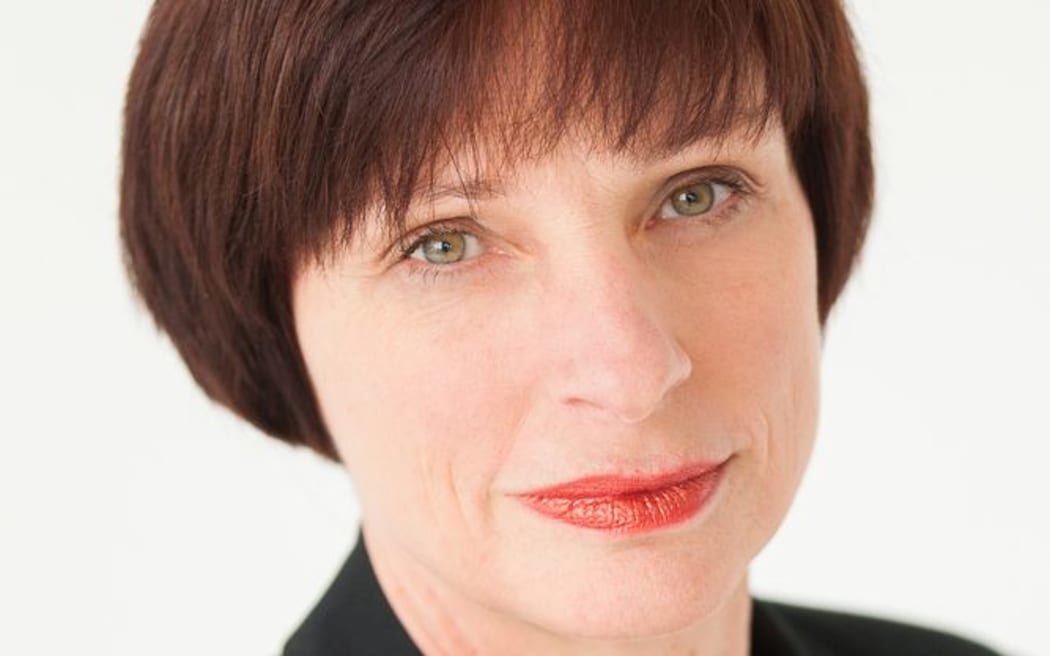The psychologist who had sex with a prisoner knew what she was doing was wrong but went to great lengths to hide it, according to the Department of Corrections.

Photo: 123RF
A Health and Disability Commissioner report revealed the unnamed psychologist began a sexual relationship with the prisoner the day he was released, and gave him a car, money and a cellphone.
The psychologist also looked at the man's prison records 54 times, including probation reports to ensure he was not disclosing the relationship
Corrections chief psychologist Nikki Reynolds said at no point did the department have any knowledge of the psychologist's behaviour.
"She did her absolute best to hide it from everybody and so we were really unaware of what was happening. She was having regular supervision and regular interaction with her peers and her manager, and we had no idea."
The prison inmate, Mr A, told Deputy Health and Disability Commissioner Theo Baker that he was counselled by the psychologist, Ms B, in prison, after which he admitted to her that he felt "a bit scared of being released" because he had minimal support outside and had been imprisoned for a long time.
He said she took him to her office, made sure no one else was around, closed the door and "kissed me on the lips. She told me she had been taking me home in her head for some time now and thanked me for telling her how I felt about her. She had clearly misunderstood what I had said to her that morning."
Mr A said the psychologist, who was about to give birth, asked him to request at an upcoming Parole Board hearing that his imminent release be delayed, which he did, to enable her to rest after giving birth.
He complained later that, from the beginning, Ms B took advantage of his vulnerable state of mind, medicated him with alcohol, tracked his telephone, stopped him from reaching out for help from his support people, isolated him in an unhealthy way, and led him to believe in her through mental abuse, put-downs, intimidation and threats.
The psychologist refuted some of Mr A's claims, but Ms Baker said the psychologist did accept that she had a sexual relationship with Mr A after his release, that she gave him a cellphone, drove him to a holiday cabin on the day of his release and shared a bed with him there for two nights.
The psychologist also admitted that Mr A stayed with her on several occasions, and that while she was on parental leave she accessed his records on a Corrections Department Integrated Offender Management System (IOMS) remotely from her home. Ms B said she did this for personal knowledge and her own protection.
She did not admit she had kissed Mr A in prison, between 2010 and 2012, or his claim that she had suggested he defer his release date from prison to allow time for her to have her baby and rest. On this point, Ms Baker said it was more likely than not that Mr A did ask to extend his time in prison by six days so to enable her to rest after giving birth.
Ms Baker's report, released today, said the two had no further contact after Ms B received a request from Mr A for money to help fix his car. She told him she was unable to help, and said he responded by text that he was reporting her to the Probation Service the following day.
After this Ms B deposited $1200 into his bank account. She also sent him a text asking: "Are you blackmailing me?". Mr A replied: "Please don't panick. And beleave [sic] me."
Overall, Ms Baker said the clinical psychologist - who was no longer registered - breached patient rights by engaging in sexual intimacy with the man just one month after the professional relationship between the two had ceased in prison. She also said accessing Corrections data remotely from home 54 times was unprofessional and unethical.
She said Corrections was not liable, but should have had a system to maintain oversight over inappropriate access to its IOMS system.
Mr A complained about the appropriateness of the care he received from Ms B to the Corrections Department and the Health and Disability commissioner last year.
Ms Baker said psychologists' code of ethics dictated that they did not encourage or engage in sexual intimacy either during the time of their professional relationship or for a period of time afterwards.
"The sexual relationship between Ms B and Mr A commenced just over one month after their professional relationship ended. In my view, there was an ongoing imbalance in the relationship between Ms B and Mr A, and Mr A had developed a dependency on Ms B."
Ms Baker said, should Ms B apply to be registered as a psychologist again, the Psychologists Board should review her competence. Ms Baker also referred the case to the independent legal arm of her office for possible follow-up legal action.

Deputy Health and Disability Commissioner Theo Baker Photo: SUPPLIED

